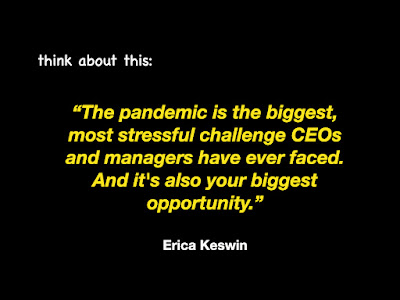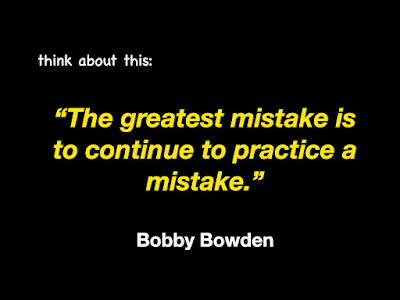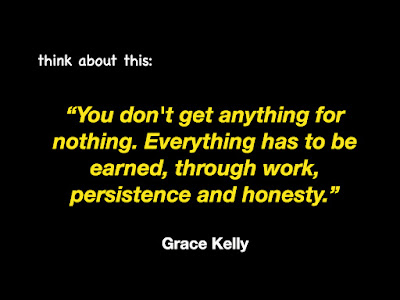A year ago, all I was writing about was the pandemic … but I never suspected that I’d still be writing about it on August 31, 2021. Back then, I wrote about “radical hope”, a term used to describe how everyone was wondering what the future would hold. This year, I’m hearing that many are thinking this is an opportunity to reboot just about everything. Companies are rethinking their policies and practices, managers are learning to value the employees they have, employees are demanding to be heard, and everyone is expecting everyone else to listen to what they have to say. A year ago, I was writing about the need for managers to learn to practice emotional intelligence; this year those that did are having greater success finding employees to work for them. A year ago, employees were reeling from being laid off; this year the companies that did that thoughtfully are re-staffed. A year ago, we wondered if there would ever be a vaccine; this year we’re wondering when everyone is going to take them. Bottom line: last year was a big unknown; this year we know a lot more and managers should use this opportunity to engage in meaningful dialogues with their employees. Make them feel safe, trusted, and respected, and they’ll work and be loyal. Take this opportunity to reboot your employee relations today.
Erica Keswin is a bestselling author, professional dot-connector, workplace strategist, and in-demand speaker about the employee experience

























